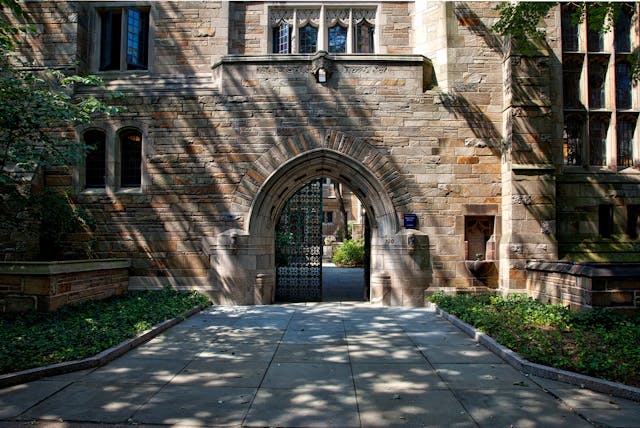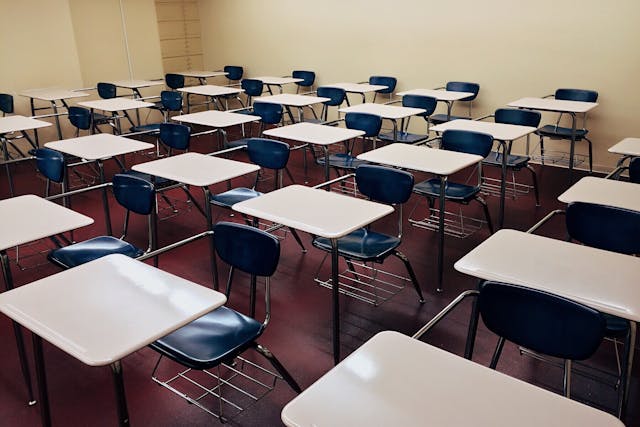Behavioral Interventions and Positive Behavior Support in Schools
In schools, student behavior significantly impacts learning and the overall educational environment. However, when students engage in disruptive or challenging behaviors, it can affect not only their academic performance but also that of their peers. To address these challenges, schools are increasingly turning to Behavioral Interventions and Positive Behavior Support (PBS) as effective strategies for promoting positive behavior and creating an environment conducive to learning. In this article, we’ll explore what these interventions are, how they work, and why they are essential in today’s educational systems.

What Are Behavioral Interventions?
Behavioral interventions refer to structured approaches that are designed to improve or change a student’s behavior in a school setting. These interventions typically aim to address specific behaviors that disrupt learning, social interactions, or overall classroom harmony. Behavioral interventions can take many forms, from teacher-managed techniques to more formal, multi-tiered strategies.
The key concept behind behavioral interventions is that behaviors are learned and can be unlearned or redirected using targeted strategies. These strategies are rooted in applied behavior analysis (ABA), a scientific discipline that involves understanding how behaviors are influenced by environmental factors and using this knowledge to promote desired behaviors.
Positive Behavior Support (PBS): The Framework
Positive Behavior Support (PBS) is a broad framework used by schools to support and improve student behavior. It focuses on teaching and reinforcing positive behaviors rather than merely punishing undesirable ones. PBS is grounded in the idea that positive behavior is more likely to emerge and be sustained when students are taught appropriate behavior and given recognition and rewards for doing so.
PBS is often implemented using a tiered approach. This means that schools provide interventions at different levels based on the severity and complexity of students' behavioral needs:
-
Tier 1: Universal Interventions for all students. This includes school-wide policies and procedures that promote positive behaviors, like clear expectations for classroom conduct, anti-bullying programs, and rewards for good behavior. Every student benefits from Tier 1 support.
-
Tier 2: Targeted Interventions for students who need additional support. These may include small group interventions or check-in/check-out systems where students receive more individualized attention and behavior monitoring.
-
Tier 3: Intensive Interventions for students with the most significant behavioral challenges. These interventions are highly individualized and may include collaboration with mental health professionals, specialized behavioral plans, and potentially one-on-one support.
The ultimate goal of PBS is to reduce problem behaviors while increasing the use of positive behaviors, which enhances the learning environment for all students.
How Do Behavioral Interventions Work?
Behavioral interventions are based on the principle that behaviors are influenced by their consequences. If a student receives positive reinforcement for appropriate behaviors, those behaviors are likely to be repeated. Similarly, if negative behaviors are met with appropriate consequences, students will learn to avoid those behaviors.
Here are some of the most common techniques used in behavioral interventions:
1. Reinforcement
Reinforcement is one of the core components of behavior management. Positive reinforcement involves rewarding students for demonstrating desirable behaviors. This can be in the form of praise, stickers, certificates, or even extra recess time. When students receive a reward after behaving well, they are motivated to continue that behavior.
2. Behavior Contracts
In some cases, teachers may use behavior contracts with students. These contracts outline specific behavioral goals and the rewards or consequences for meeting (or failing to meet) those goals. The contract is signed by both the student and the teacher (or parent), creating a sense of accountability.
3. Clear Expectations and Consistency
One of the most effective behavioral interventions is ensuring that students clearly understand what is expected of them. Teachers who establish clear, consistent rules and routines help students understand the behavioral standards they are expected to follow. Consistency in enforcing these rules is crucial for building trust and understanding.
4. Social Skills Training
For students who struggle with interpersonal behaviors, social skills training can be an effective intervention. This can include teaching students how to communicate effectively, resolve conflicts, and work cooperatively with others. Social skills training is often integrated into PBS systems to address the root causes of disruptive behavior.
5. Restorative Practices
Restorative practices focus on repairing harm done to relationships through conflict. When students engage in negative behaviors, restorative practices guide them through reflecting on their actions, understanding the impact on others, and making amends. This approach can help students feel accountable and work to rebuild trust within the school community.
Why Are Behavioral Interventions and PBS Important?
There are several reasons why Behavioral Interventions and Positive Behavior Support are essential for schools:
1. Improved Academic Outcomes
When students’ behavioral issues are addressed proactively, they are more likely to be engaged in their learning. Positive behavior support creates an environment where students can focus on their academics instead of worrying about disciplinary actions. Research has shown that when students feel safe and supported, their academic performance improves.
2. Reduced Disciplinary Issues
PBS and behavioral interventions can dramatically reduce the need for suspensions or expulsions. By focusing on teaching positive behaviors and providing support for students who need extra help, schools can avoid punitive measures that might alienate students or lead to further behavioral problems.

3. Social and Emotional Growth
Behavioral interventions often focus on teaching students social and emotional skills that they can carry with them throughout their lives. Skills like self-regulation, problem-solving, and empathy are critical for success both inside and outside of the classroom.
4. Creating a Positive School Climate
PBS creates a school culture where positive behavior is celebrated, and all students feel valued and supported. A positive school climate improves not only academic performance but also the overall well-being of students and staff.
Challenges and Considerations
While PBS and behavioral interventions can be highly effective, they do come with challenges. Some students may require intensive, long-term support, and implementing such interventions consistently across a school can be resource-intensive. Furthermore, schools need to ensure that these strategies are tailored to the needs of individual students and that they are continuously evaluated for effectiveness.
Conclusion
Behavioral interventions and Positive Behavior Support are key to creating a supportive and productive learning environment. By focusing on teaching and reinforcing positive behaviors, schools can help students achieve academic success while promoting social and emotional development. With a tiered approach, targeted strategies, and a focus on individualized support, PBS offers a pathway to better outcomes for students and a healthier school climate overall. As schools continue to face challenges, incorporating these interventions is a powerful tool in fostering positive, inclusive, and productive learning environments.












